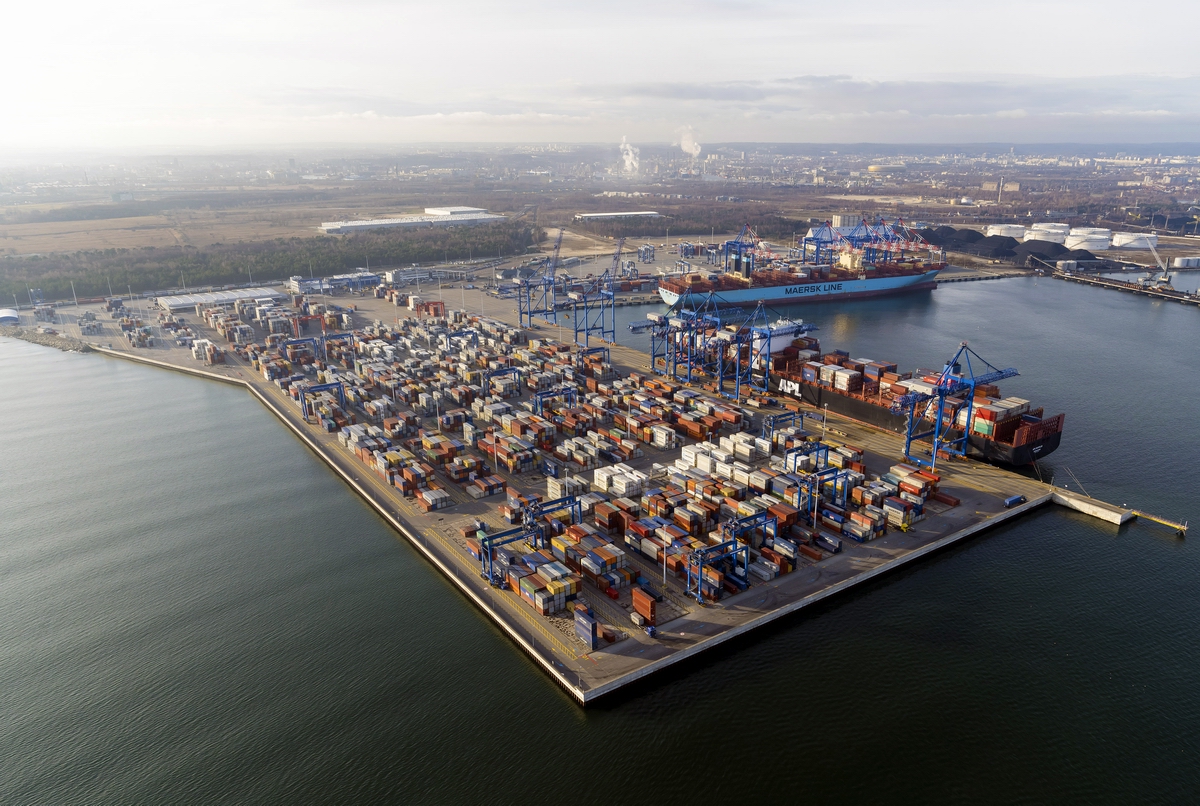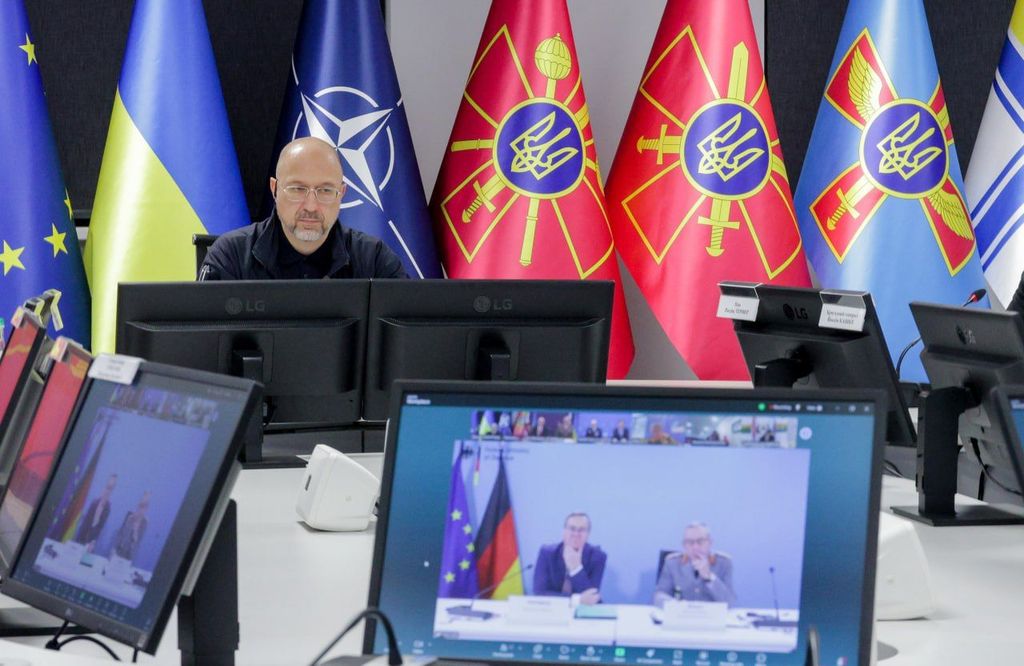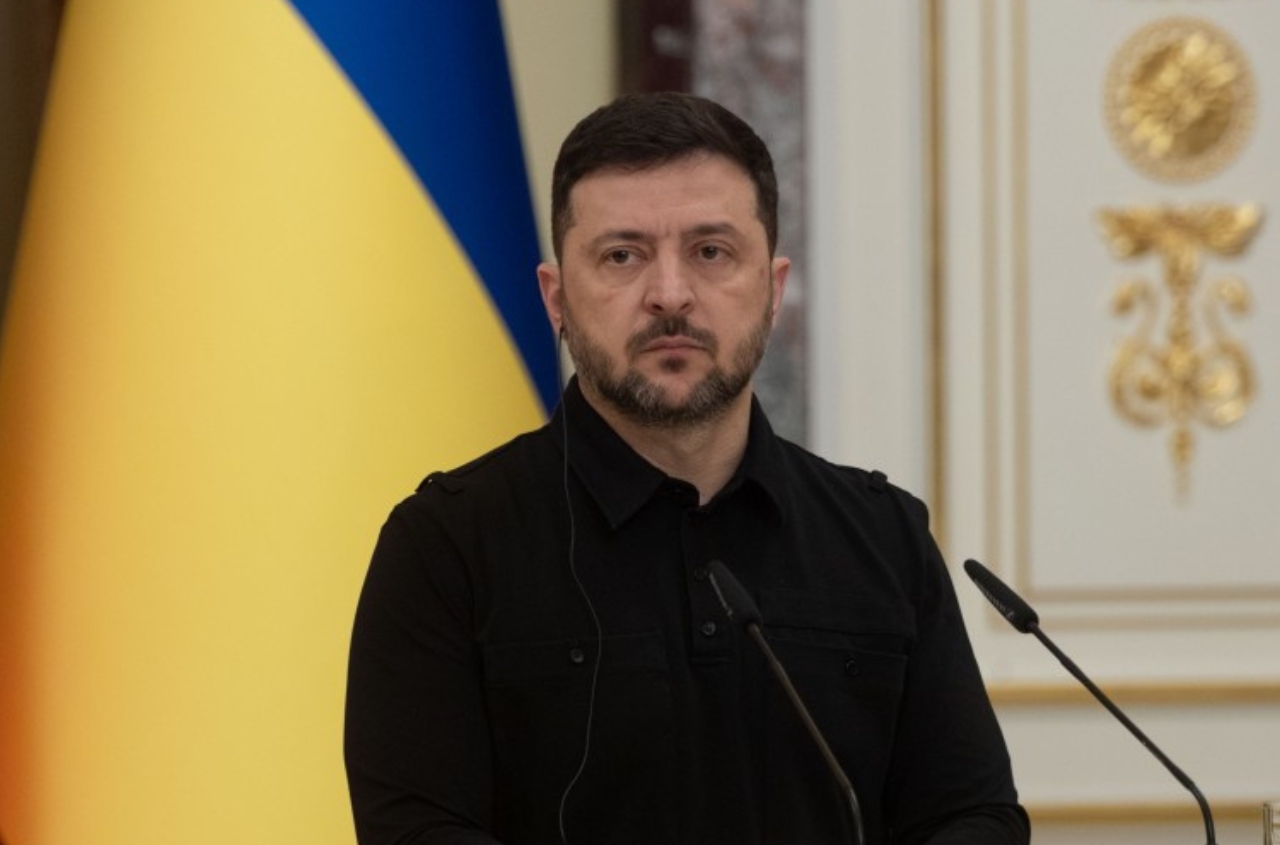Mariusz Cichomski, a representative of the Ministry of Internal Affairs and Administration, announced at a Sejm session that Poland will establish a Maritime Security Center, as reported by PAP. This new entity will safeguard ports, terminals, pipelines, underwater cables, and offshore power plants under construction. The Center will operate within the Border Guard, functioning 24/7 without breaks.
During the session of the Committee on Maritime Economy and Inland Navigation, deputies expressed concern about severe staffing shortages in the Kashubian and Pomeranian Border Guard units. This shortage is alarming given the strategic investments in regional energy security. The Committee demanded immediate action from the Ministry and transparent reporting on funding.
Sonia Knobloch-Seradzka, Deputy Director of the Maritime Economy Department at the Ministry of Infrastructure, emphasized the need for a unified body to coordinate monitoring of Poland’s maritime zones and information exchange. The Minister of Infrastructure fully supports the Center’s creation, expecting it to enhance protection of critical maritime infrastructure and improve threat response efficiency.

Cichomski explained that the Center’s establishment is part of amendments to the Crisis Management Act and other laws currently under government review, with hopes to submit the bill to parliament by September.
Planned powers of the Center include intercepting and neutralizing unmanned vessels and deploying specialized armed security units (SUs), able to operate from the water beyond protected areas.
The Center’s structure will be similar to the Anti-Terrorist Center of the Internal Security Agency, uniting various services and response units into one location with access to databases and monitoring systems, enabling state decisions and swift field action.
Currently, over 50 vessels and 4 aircraft are engaged in maritime zone security, alongside development of a new integrated radar system using advanced technologies.
General Tomasz Michalski, Deputy Commander of the Border Guard, reported that the Kashubian and Pomeranian units cover maritime zones, with staffing at 77% and 55%, respectively. Recruiting is complex and requires specialized training. By 2029, 10 new vessels worth 95 million zlotys will be purchased.
Some deputies and critical infrastructure operators opposed expanding the powers of the specialized armed security formations. Kasper Plazinski from the Law and Justice party argued private security firms lack the necessary expertise for protecting strategic sites, especially under current threat levels, calling for a review of the approach.





















